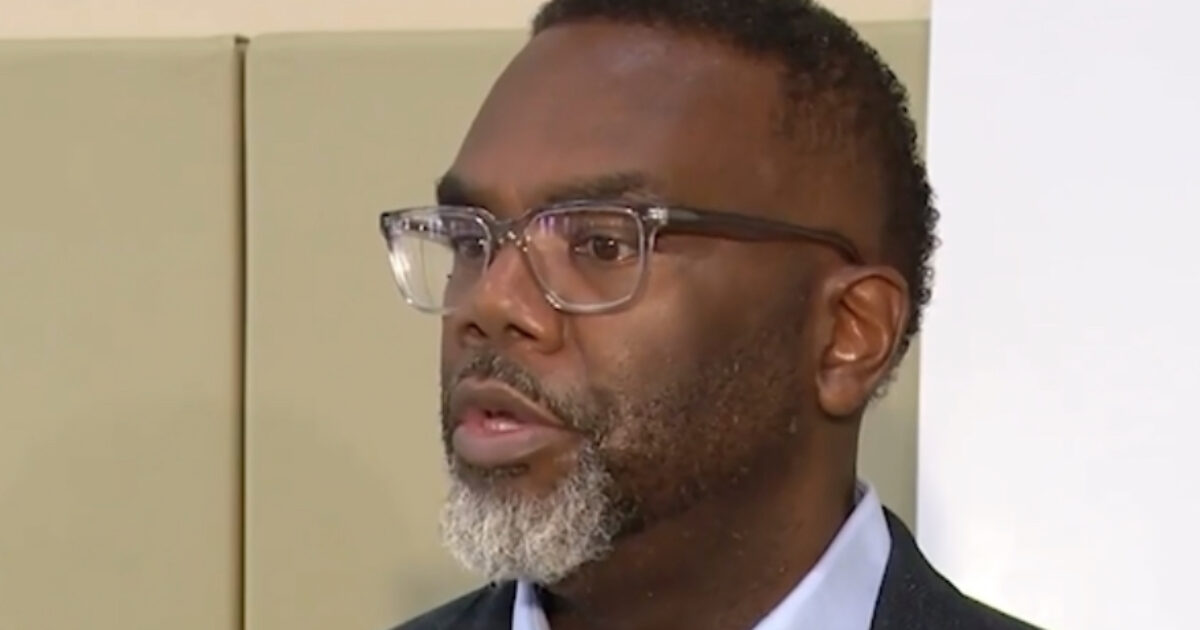A political firestorm erupted as Aftyn Behn, a Democratic candidate vying for Tennessee’s Seventh Congressional District seat, addressed resurfaced comments that painted a surprisingly harsh picture of the city she hopes to represent.
The controversy began with previously recorded statements where Behn bluntly expressed her dislike for Nashville. “I hate the city,” she declared, extending her disdain to the very elements that draw tourists and fuel the local economy – bachelorette parties, pedal taverns, and even the city’s signature country music scene.
She vividly described a personal animosity towards the influx of visitors, portraying herself as a disapproving observer at the airport, watching groups of excited tourists arrive. Her words sparked immediate and widespread outrage, questioning her suitability to advocate for a community she seemingly disdains.

Behn responded with a video statement, appearing visibly fatigued and claiming the attacks were a desperate tactic by her opponents. She characterized the focus on her comments as a sign that her campaign was gaining momentum and unsettling the Republican party.
In a surprising attempt at damage control, Behn clarified that her “bachelorette” comment referred to the reality television show, and then asserted a deep, emotional connection to Nashville. She claimed to have wept “no less than ten times” during visits to the Country Music Hall of Fame.
She further emphasized her affection for the city, stating she frequents the historic Ryman Auditorium simply to “hang out.” This attempt to reframe her image, however, drew further scrutiny and raised questions about her authenticity.
Behn framed the controversy as a last-ditch effort to derail her campaign, suggesting the attacks were becoming increasingly “wild” as she neared victory. The situation leaves voters to grapple with a candidate whose initial words sharply contrasted with her subsequent defense.
The incident has ignited a debate about representation and the expectations placed upon elected officials to genuinely embrace the communities they serve, leaving the future of Behn’s campaign hanging in the balance.





